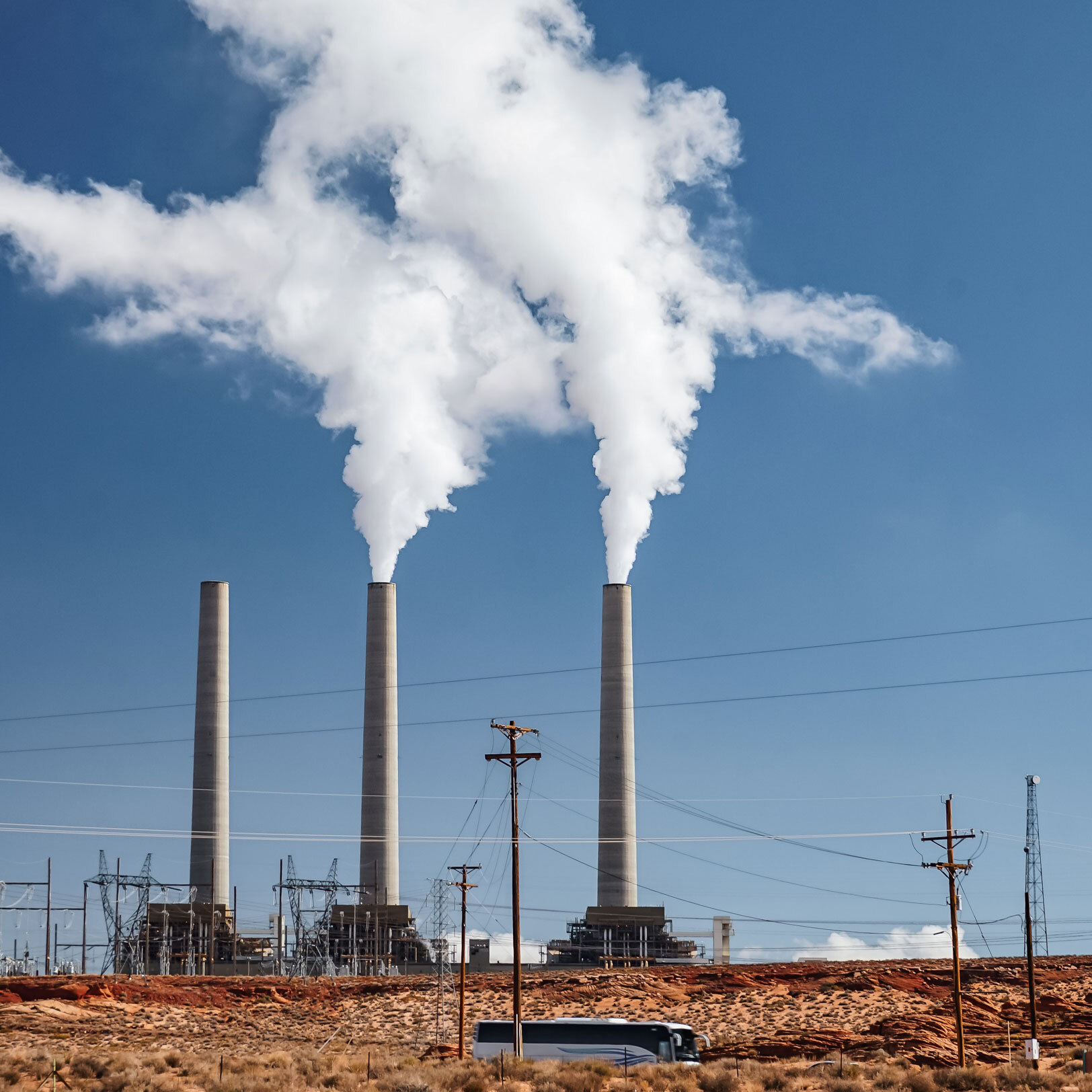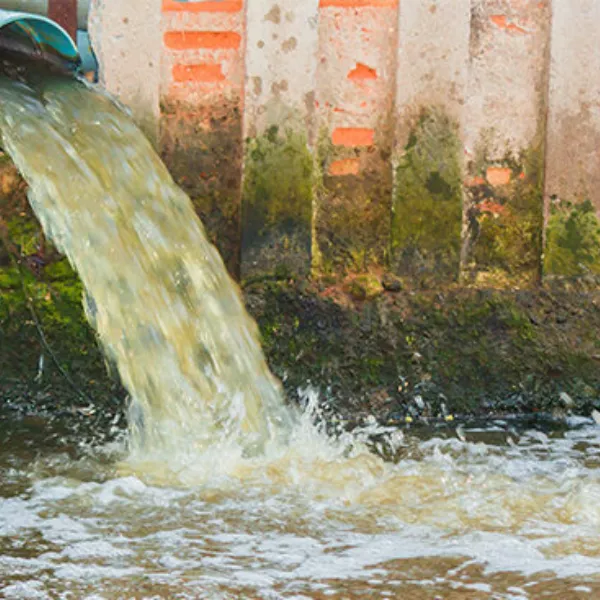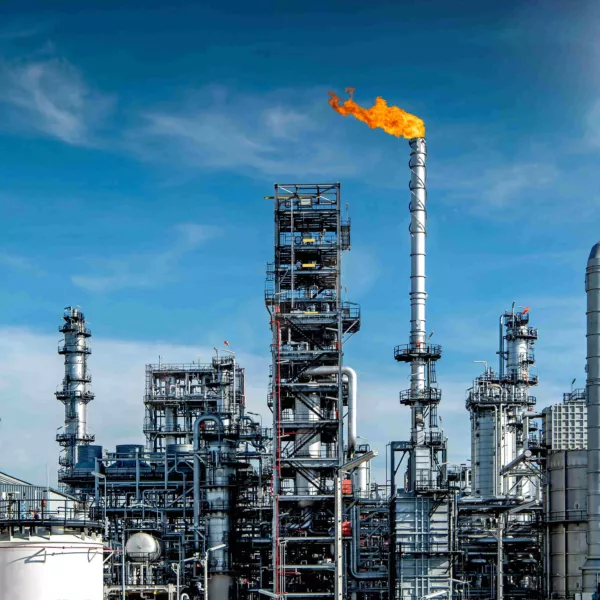Helping the chemical industry cook up a strategy for sustainability
Chemicals have countless industrial applications, ranging from solvents in the manufacture of drugs to crop protection in agriculture. While being essential for our society, traditional chemicals can harm both human health and the environment. If you operate in the chemical industry, legislators will more and more be pushing you to produce safer & more sustainable chemicals.
Unsustainable chemicals: impact on human health & the environment
Before delving into the regulatory landscape and highlight some compliance solutions you can tap into, let’s see which are the most dangerous compounds in the chemical industry.
Some of the chemicals conventionally used in industrial applications can damage biodiversity as well as our health. Here are some the most harmful compounds for humans and the planet:
- Plastic, Persistent organic pollutants (POPs), Per- and polyfluoroalkyl substances (PFAS): all these compounds have one negative thing in common, that is, they’re everywhere. Their environmental legacy is caused by their resilience, which is also why they’ve been used so extensively over the last decades. On the other hand, their presence in the environment and in the human body could pose a serious health risk.
- Substances of Very High Concern (SVHC): These include carcinogenic, mutagenic, or toxic for reproduction (CMR), persistent, bio-accumulative and toxic (PBT) substances, endocrine disruptors, etc.
- Micropollutants: these include pharmaceuticals, food additives, pesticides (which release Adsorbable Organic Halides (AOX)), microplastics, and many other compounds that can have negative effects on both humans and aquatic life.


The current regulatory landscape in the EU chemical sector
The EU has already released a host of legislations to control chemicals use and emissions. Among them, it is worth mentioning the following:
- The Registration, Evaluation, Authorisation and Restriction of Chemicals (REACH) and Classification, Labelling, Packaging (CLP) regulation;
- The sustainable use of pesticides regulation.One of its objectives is to reduce the use of risky pesticides by 50% by 2030.
- Another important piece is the EU POP regulation, which, among limiting the emission of various persistent substances, mandates manufacturers to perform a safe and green destruction of PFAS after capturing them.
- The Industrial Emissions Directive (IED), which is currently in revision;
- The Water Framework Directive and the Waste Framework Directive.
The Chemicals Strategy for Sustainability (CSS)
As part of the EU Green Deal, on October 2020 the EU published the Chemicals Strategy for Sustainability (CSS). This policy aims to prevent harm to people and planet while supporting EU industry and encourage innovation. To do so, this framework introduces a toxic-free hierarchy.

The top priority is preventing harmful substances from getting into the marketplace. Regulations such as REACH and CLP can help achieve this.
As concerns the achievement of the two bottom-level goals, the EU is recommending a series of actions, such as investing in technologies for more efficient and safer purification & recycling of waste, with particular regard to plastic and textiles. In this regard, DESOTEC is providing industrial players with ready-to-use filtration solutions to minimise emissions and capture existing contaminations. In the plastic recycling industry, its mobile filters are already making a key contribution. In addition to that, the EU is also promoting R&D to find a business model that minimise waste and emissions. Thanks to our circular filtration service, DESOTEC is ahead of the sustainable game.
As reported in the case studies below, DESOTEC has already demonstrated the successful application of its circular purification services to reduce emissions or tackle existing chemical contaminations:
-
This is a placeholder. Please update the title in this item's teaser
This is a placeholder. Please update the description in this item's teaser -
Removing and destroying residual PFAS in groundwater
Explore a chemical production company's challenge in Belgium as they tackle PFAS contamination during a vital piping replacement project. With strict water quality regulations, they turn to DESOTEC for expertise in PFAS purification after discovering high PFOS levels in groundwater. -
Reducing COD levels in wastewater at a biofuel plant
Biofuel production is flourishing in Europe, thanks to increasing environmental awareness and EU incentives. However, the raw material usually contains contaminants which must be treated to avoid their release into the natural environment. DESOTEC supplies activated carbon filtration solutions to many European biofuel plants, treating pollutants at several stages of the production process.
Sustainable solutions to reduce chemical industry emissions
A transition to a more sustainable chemistry is paramount for protecting the environment and our health. Although some progress has been made, the industry is still moving too slowly.
Providing companies with a sustainable filtration service, DESOTEC can help the chemical industry change gear. Be it soil & groundwater remediation, PFAS, air emissions, or wastewater, our activated carbon mobile filters are the flexible solution adapting to your purification needs while reducing cost.
Also, thanks to our in-house reactivation, your purification will have a lower CO2 footprint, helping industries to reach their green goals.
How we can help
If you operate in the chemical industry, it's likely you'll have to adapt your processes soon to meet more stringent legislations. We're here to help!
Get in touch with our expertsHow we can help
If you operate in the chemical industry, it's likely you'll have to adapt your processes soon to meet more stringent legislations. We're here to help!
Get in touch with our experts-
Chemical Industry
Circular solutions to purify chemicals, air emissions and wastewater, protecting occupational health, the environment, and your business. -
Your Sustainability Journey
Like you, we care about protecting our air, water, and soil for future generations. Our filtration solutions help you meet environmental standards, reducing your carbon footprint. -
Our unique service
Our closed-loop, full-service model is as unique as your business needs. We’ll define the right filtration setup and safely recycle filtration waste, making it easy to go green.





